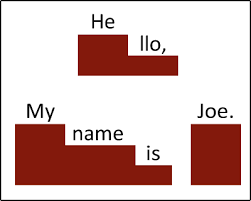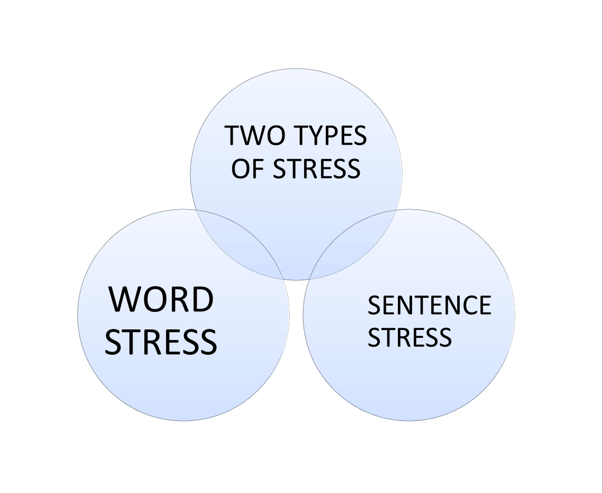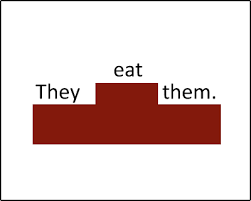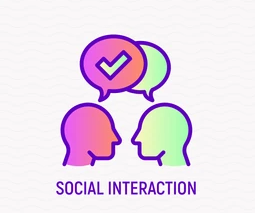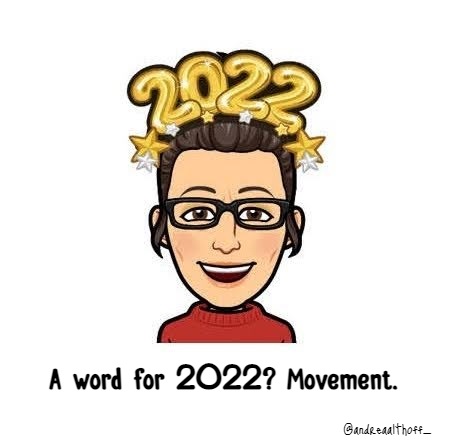The word like is used in different ways to ask questions. Such questions with like may have different meanings.

Like may be used to ask questions about:
- Personality or the characteristics of something.
- Preferences.
- Hobbies.
- Physical appearance.
The word like in these questions is used either as a verb or as a preposition.
Talking about personality or the characteristics of something
Like can be used to ask about personality or the characteristics of something. Example:
- What’s your friend like? → He’s nice.
- What’s the house like? → It’s huge.
- What was the weather like? → It was sunny.
Like in the above examples is used as a preposition.
Talking about about preferences
Like can be used to talk about preferences. Examples:
- What music does Julie like? → She likes rock music.
- What would you like to eat? → Fish, please.
Like is used in these questions as a verb.
Talking about hobbies
To ask about hobbies, use like in questions as follows:
- What does he like doing? → He likes singing.
- What do you like doing? → I like reading.
Like in these examples is used as a verb.
In this video we look at two meanings of like and fix a common mistake. They will compare the verb like with like as a preposition and you’ll learn how to use two useful English questions: Do you like…? and What’s it like? Video script here.
If one thing is like something else, it’s similar. Like is a preposition here, and it is used to talk about things that are similar.
Talking about physical appearance or resemblance
Like may be used in questions to ask about physical appearance. Examples:
- What does he look like? → He is tall and has got black long hair.
- What does she look like? → She is beautiful. She has brown eyes and short black hair.
- Who do you look like? → I look just like my father.
- Who does she look like? → She looks like her grandmother.
Like in the above questions is used as a preposition.
The next video explains the differences between the three question with the word like: What does he like, what is she like and what does she look like?
IT IS IMPORTANT TO NOTE that we usually use How?, not What … like?, when we ask about someone’s health or temporary state:
A: How’s your brother today? B: He’s feeling much better.
A: How was your boss today? B: He was very friendly today!
Now, PRACTICE:
LEVEL 2 EXERCISE: Write an appropriate question to the following sentences. You’ll find the correct questions, in order, below the answers.
- Oh, she is very interesting. She is very involved in community activities and loves the outdoors.
- He’s fine, thank you.
- Just awful, it hasn’t stopped raining for the last three days.
- Reading science fiction, watching classic films on late night TV.
- Very pretty, she’s got short blond hair, blue eyes and she usually wears jeans and a t-shirt.
- He’s quite the entertainer. He loves having people over for dinner.
- It can be spicy and sweet. It’s delicious.
- It’s a painting of a countryside with lots of flowers in the foreground.
- He can be difficult at times.
Questions:
- What’s she like?
- How is he?
- What’s the weather like?
- What does she like doing?
- What does she look like?
- What’s he like? or What does he like doing?
- What’s it like?
- What does it look like?
- What’s he like?

